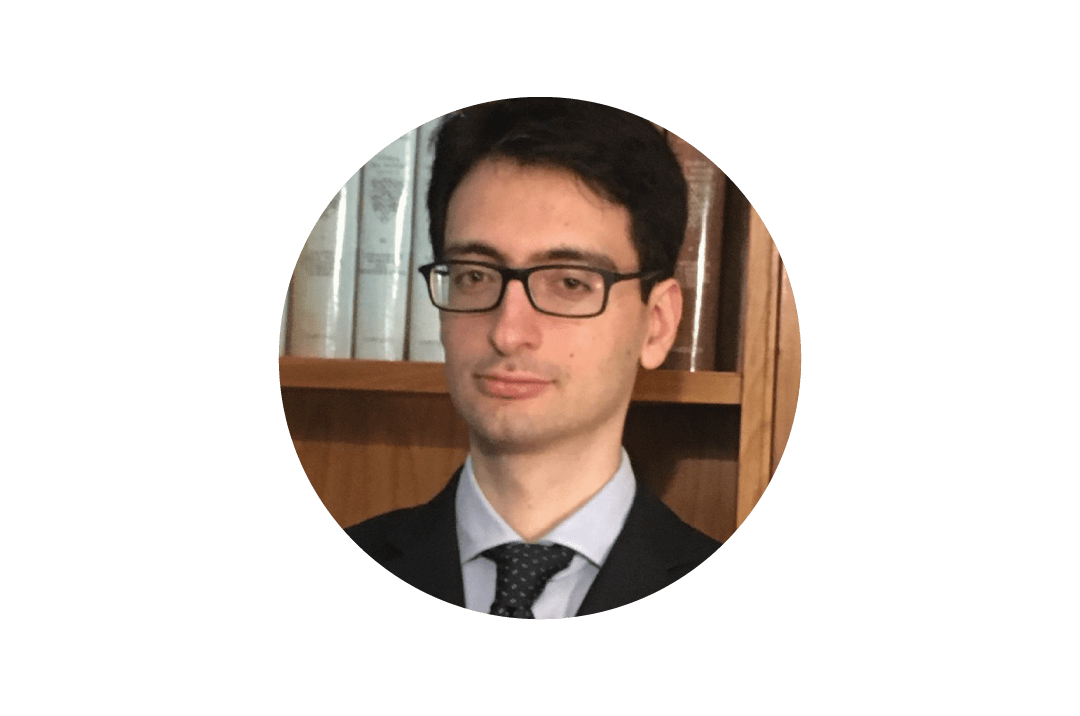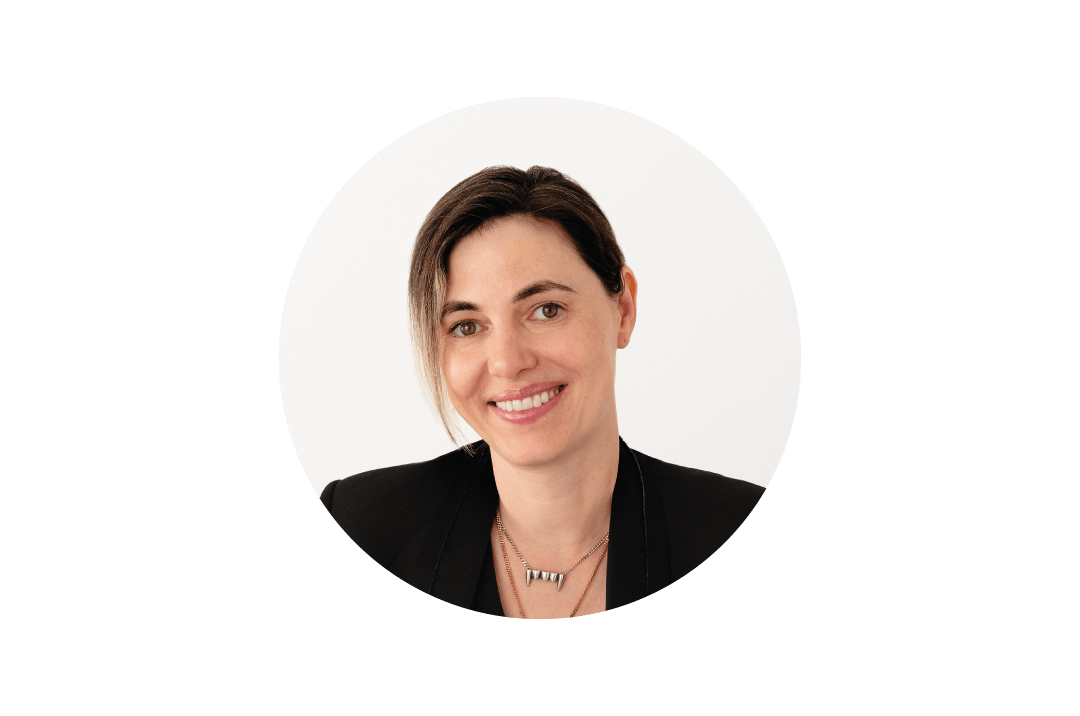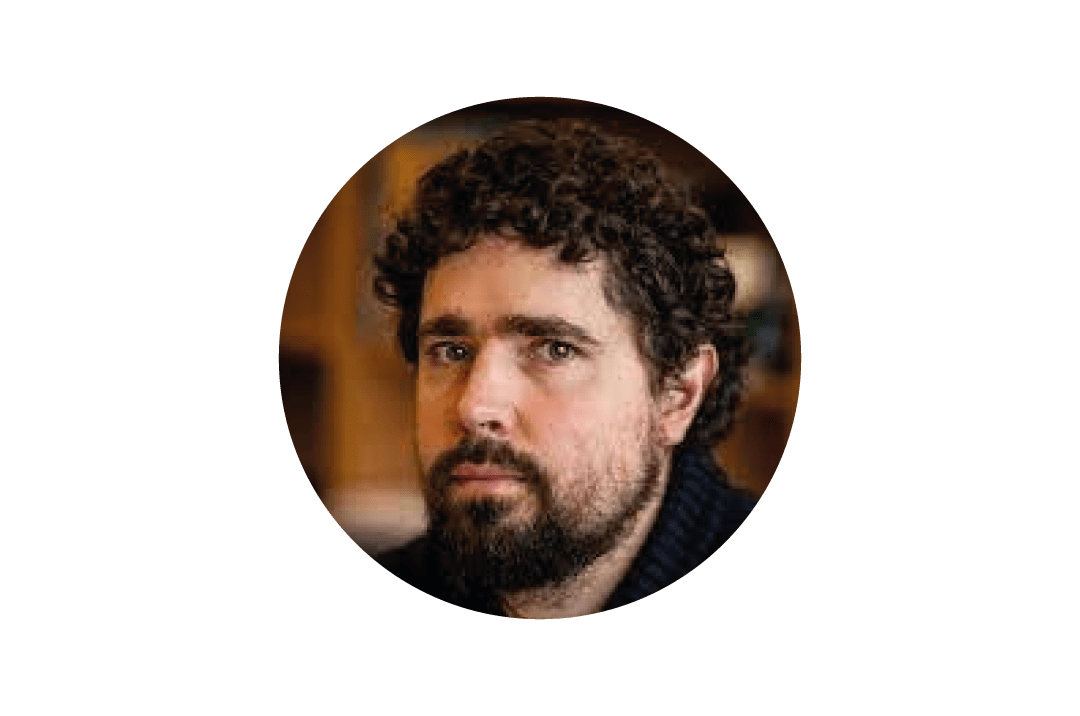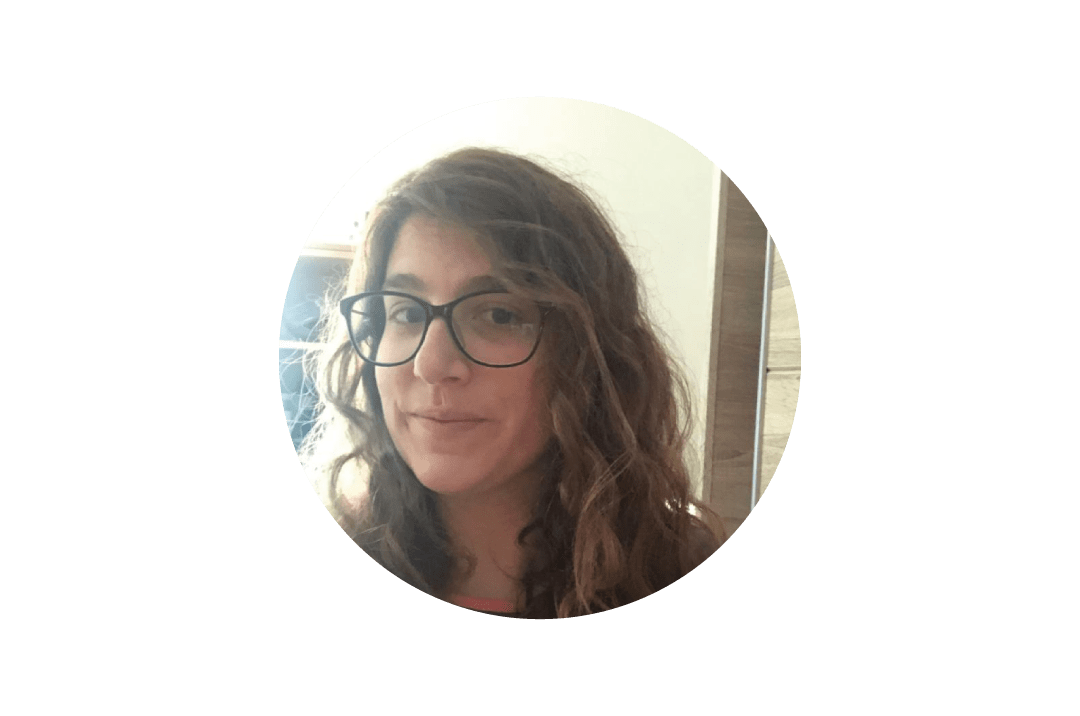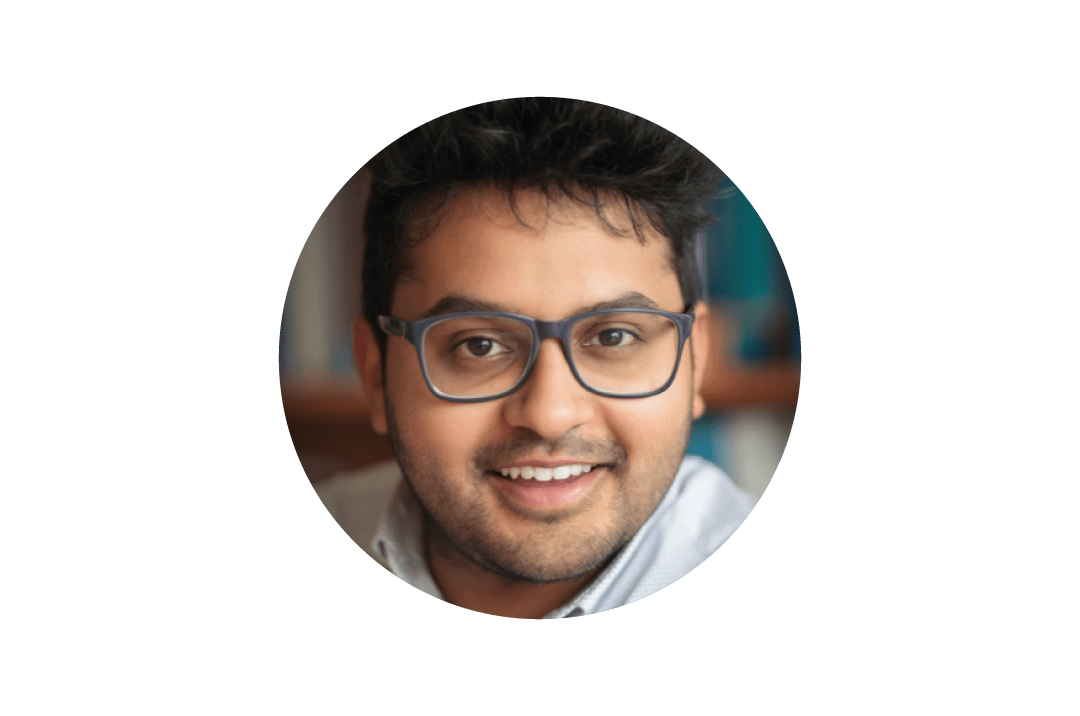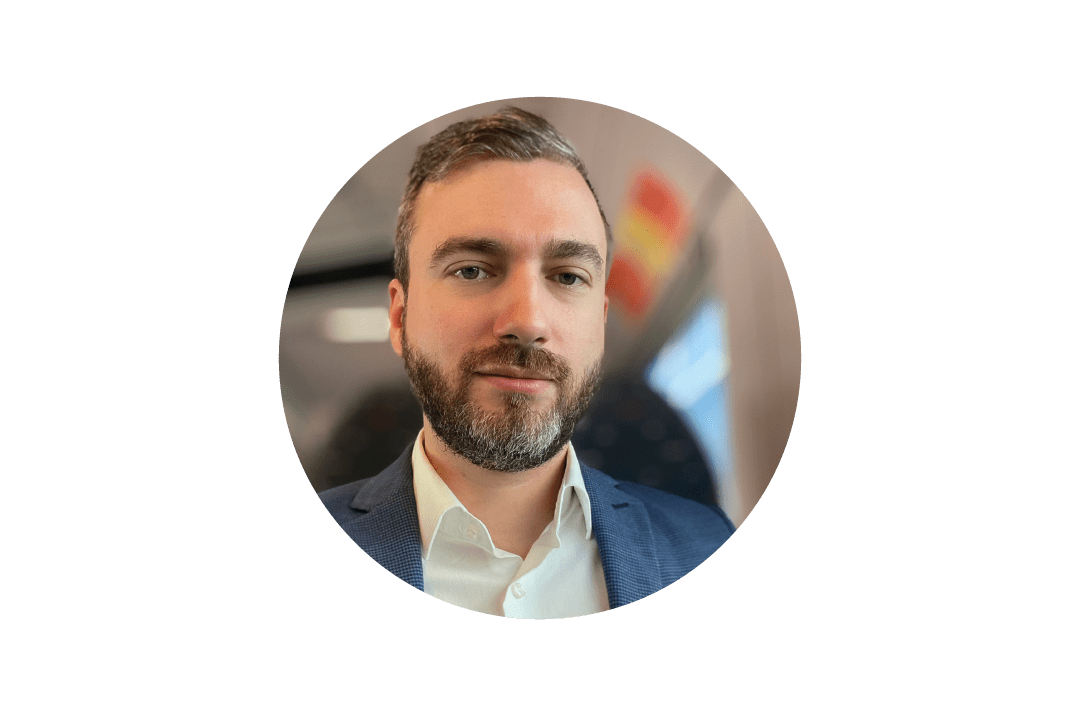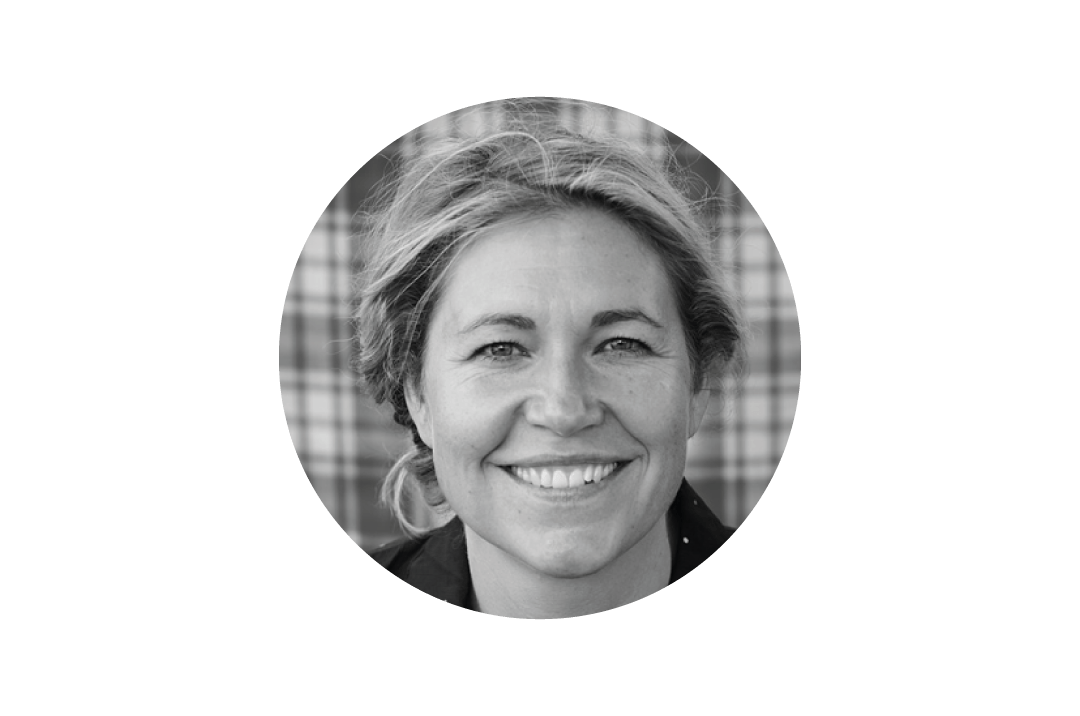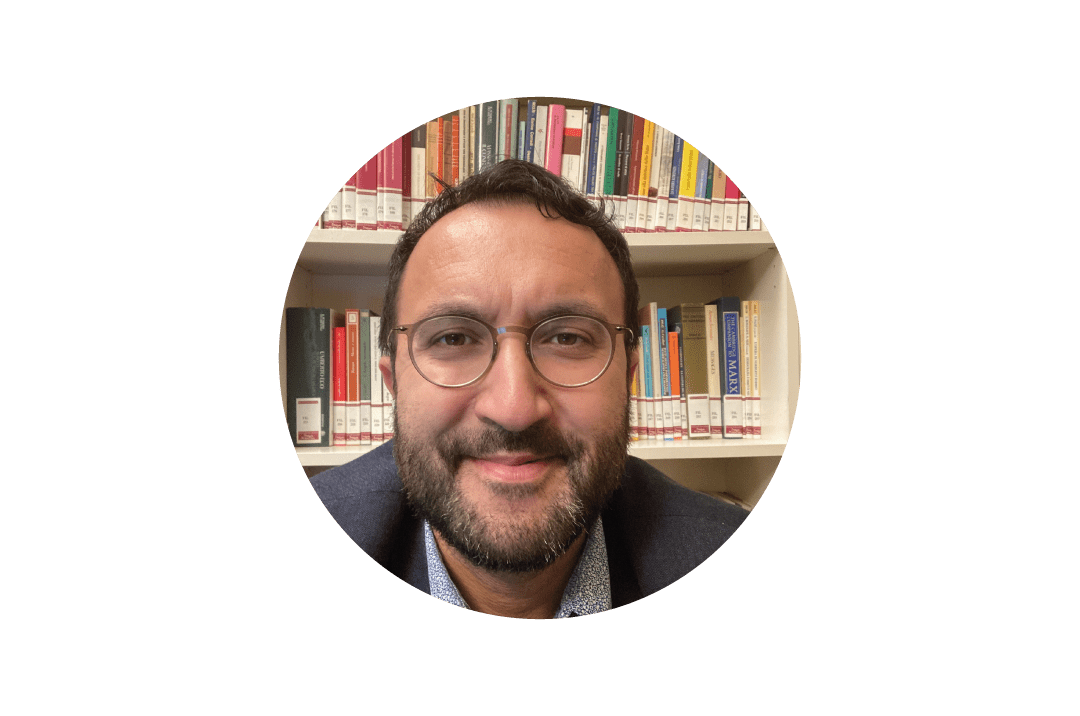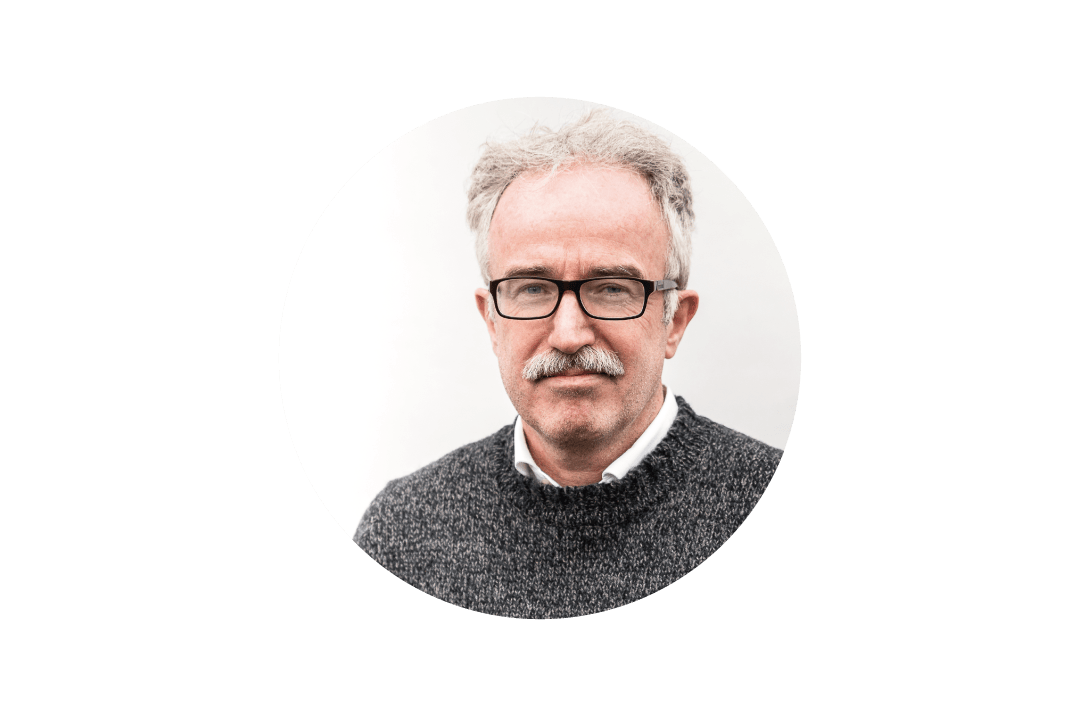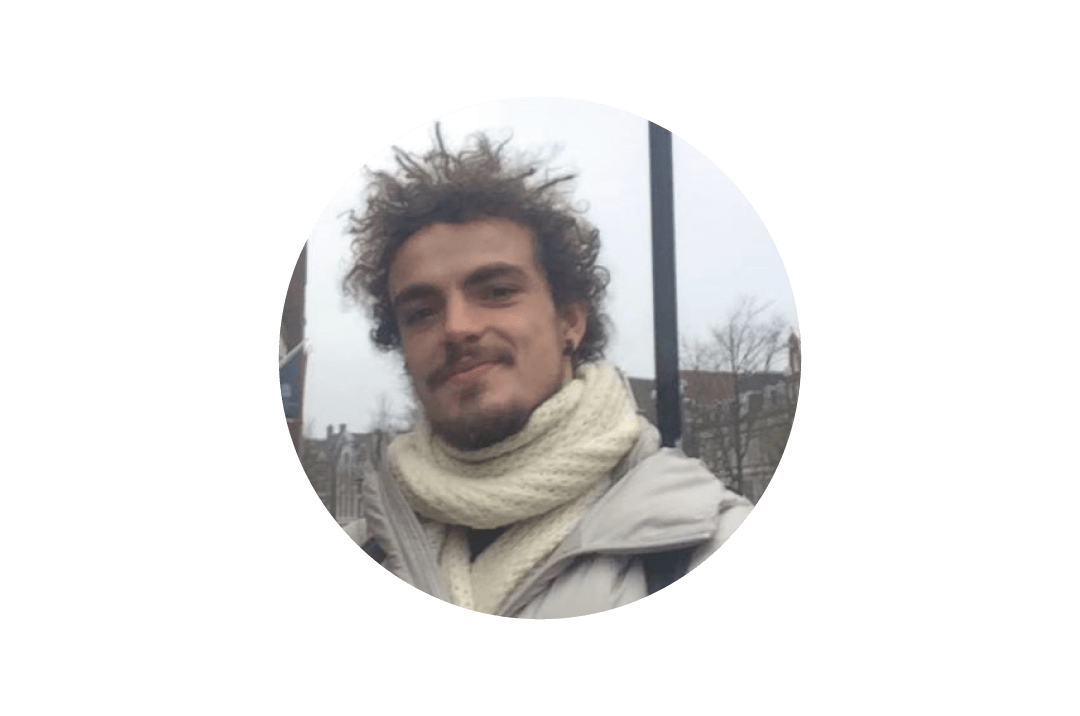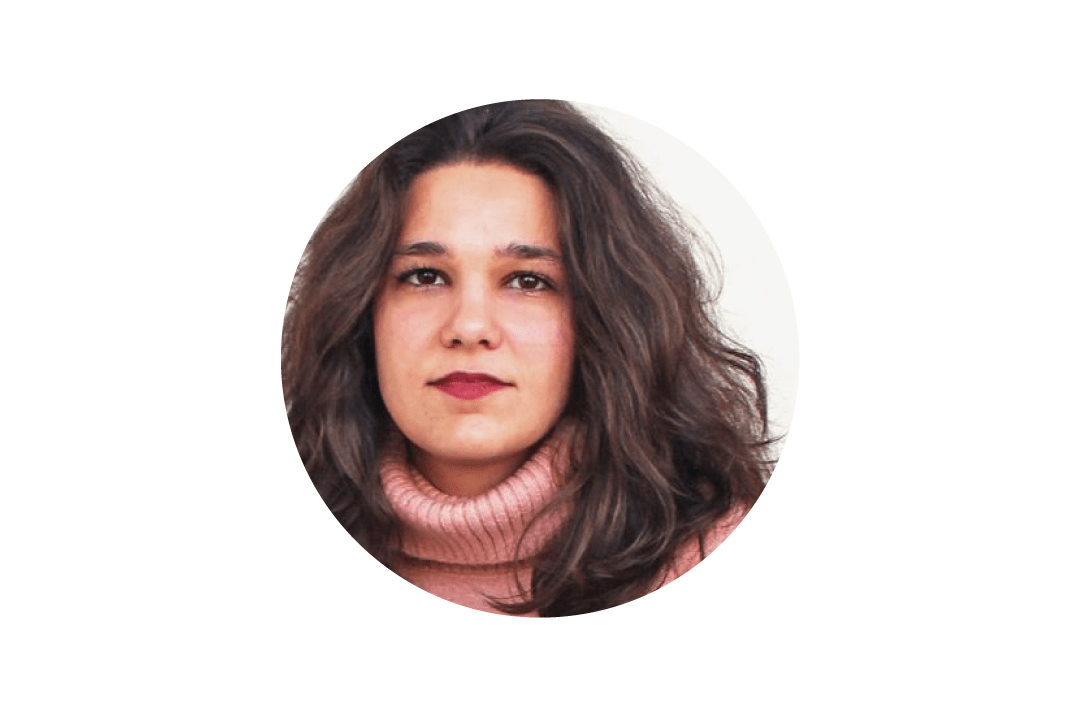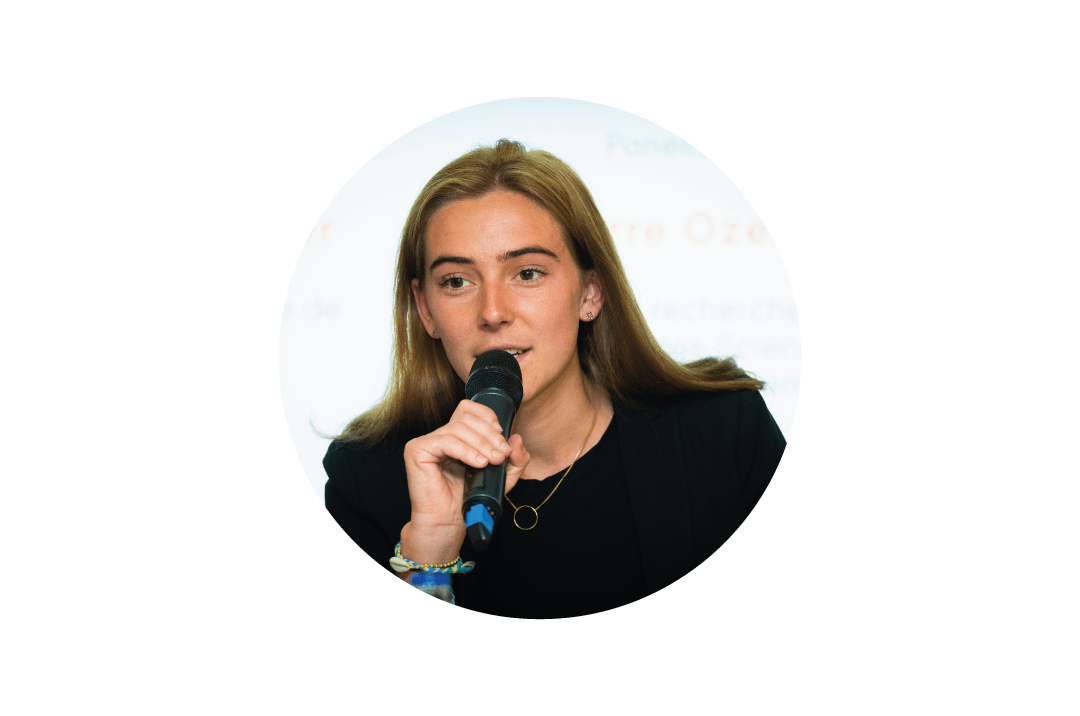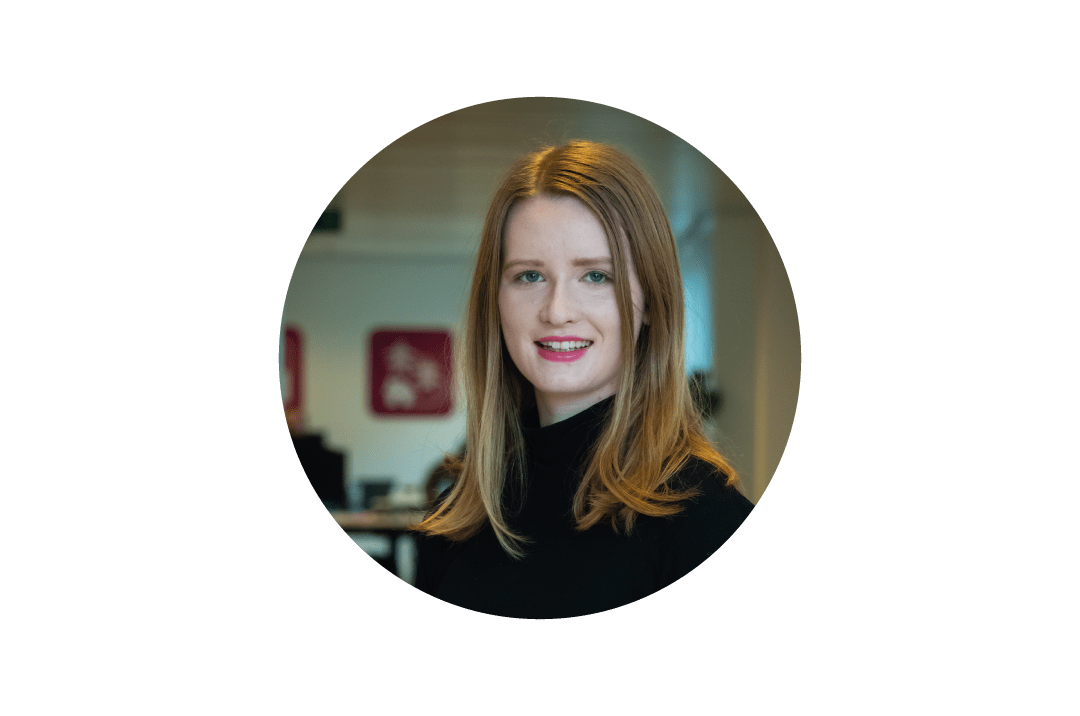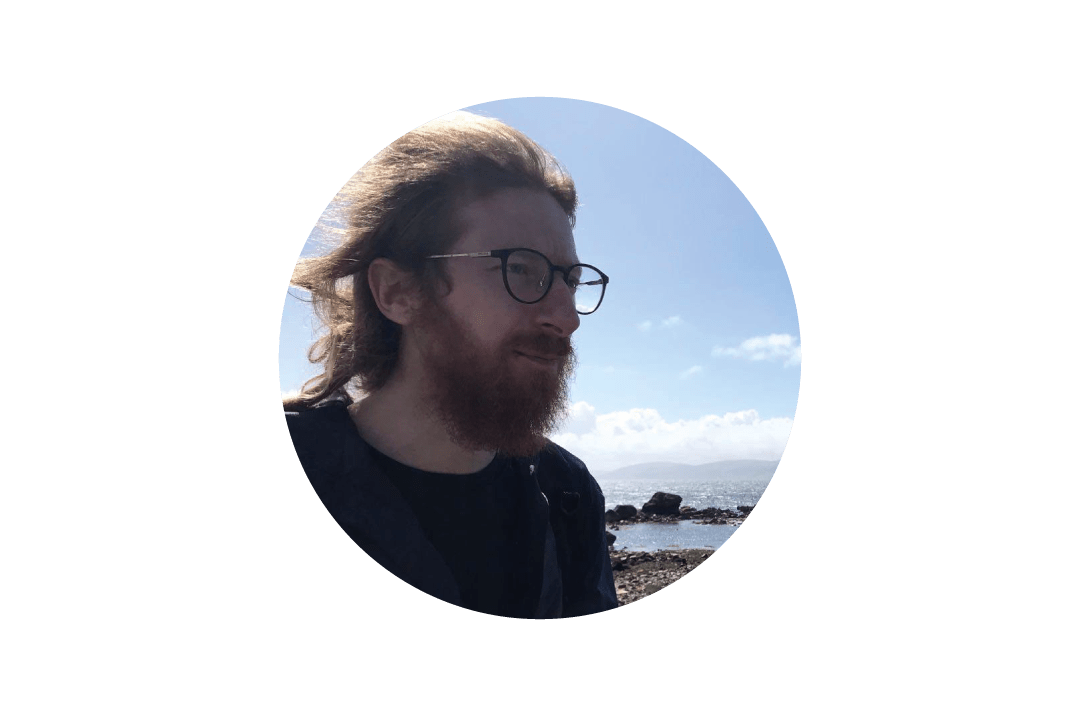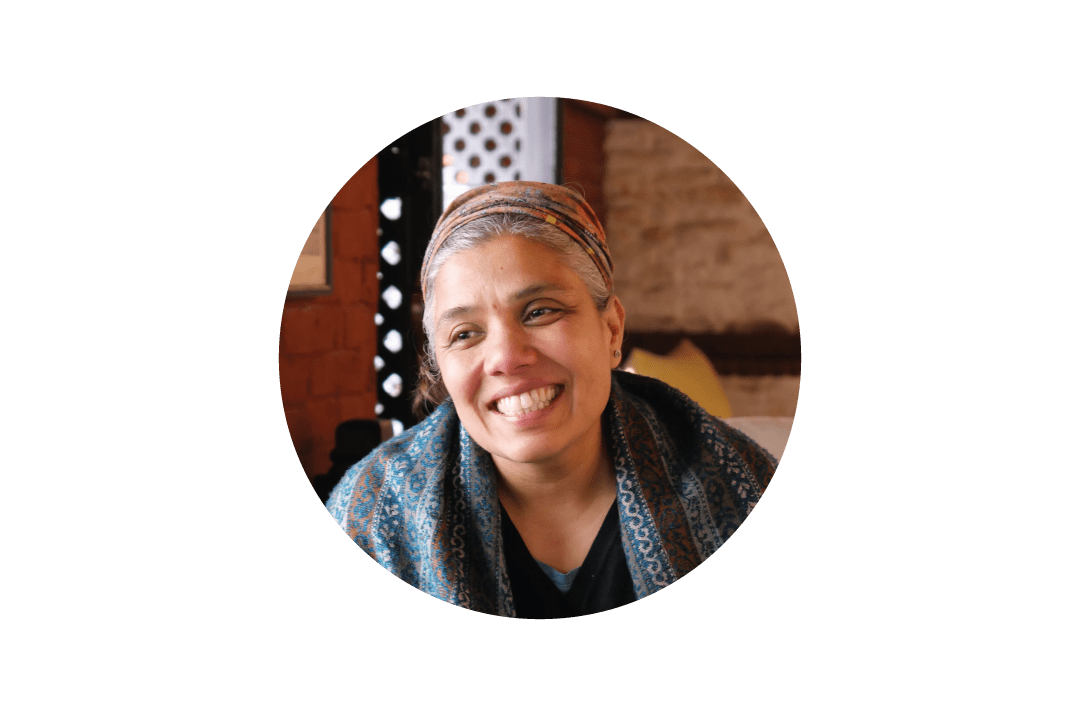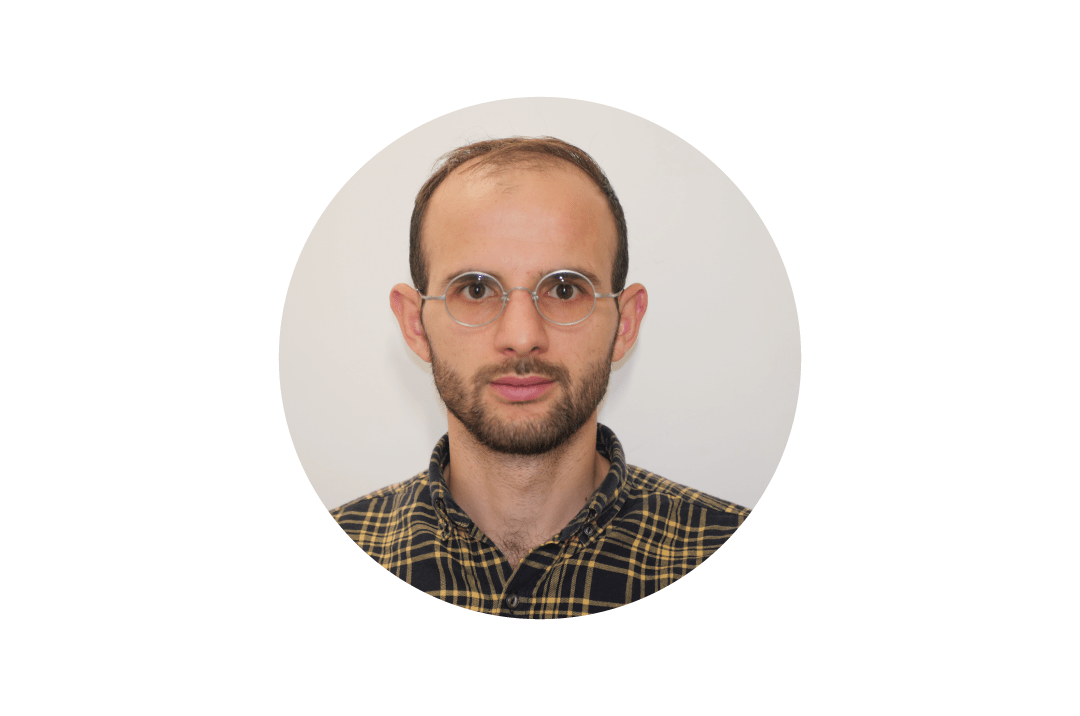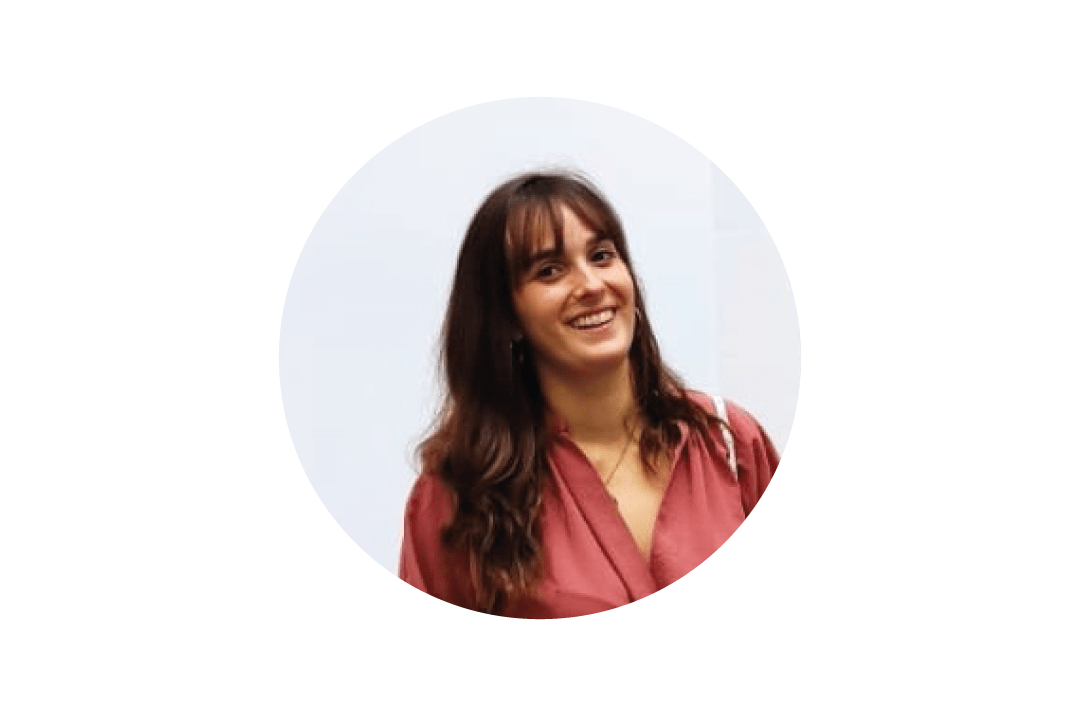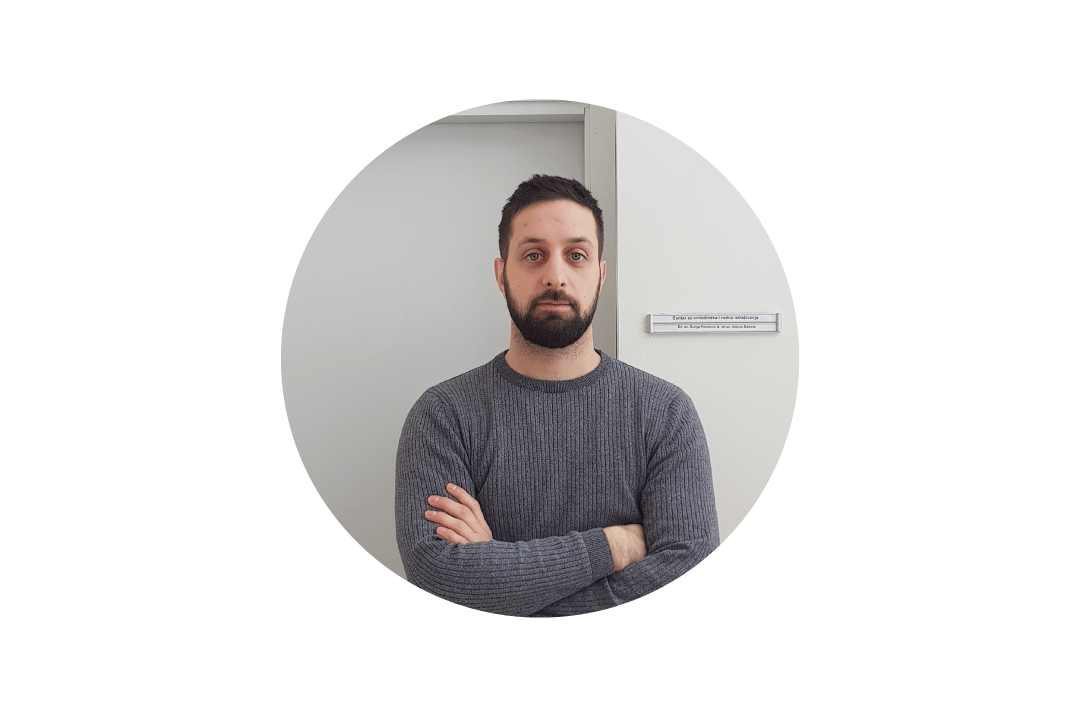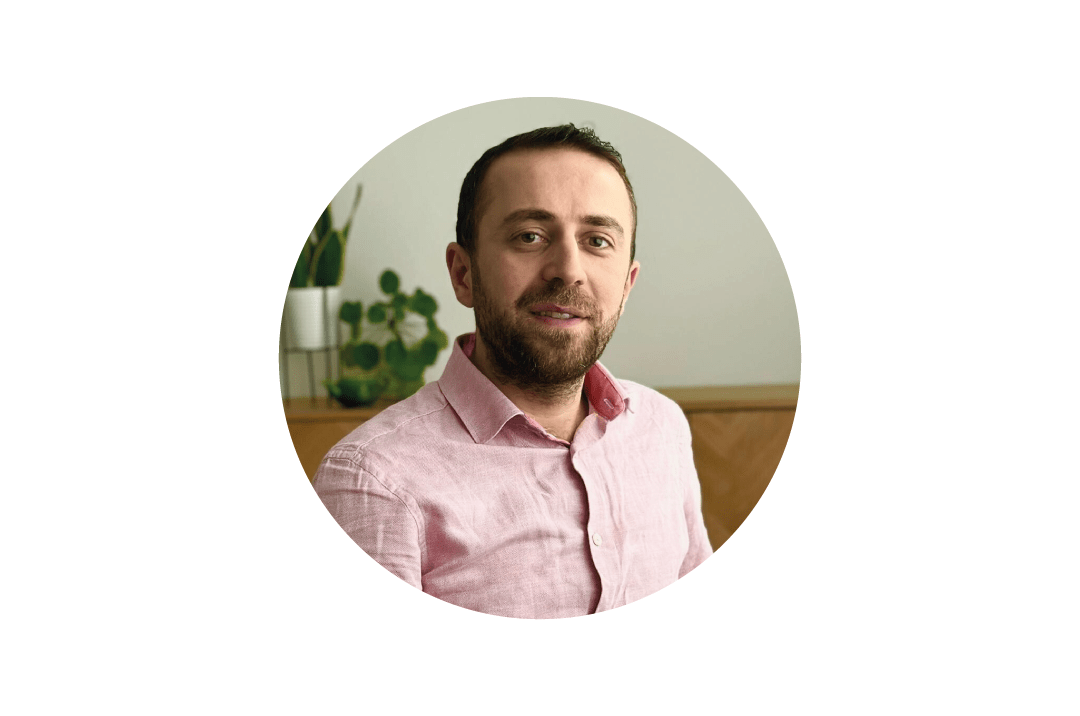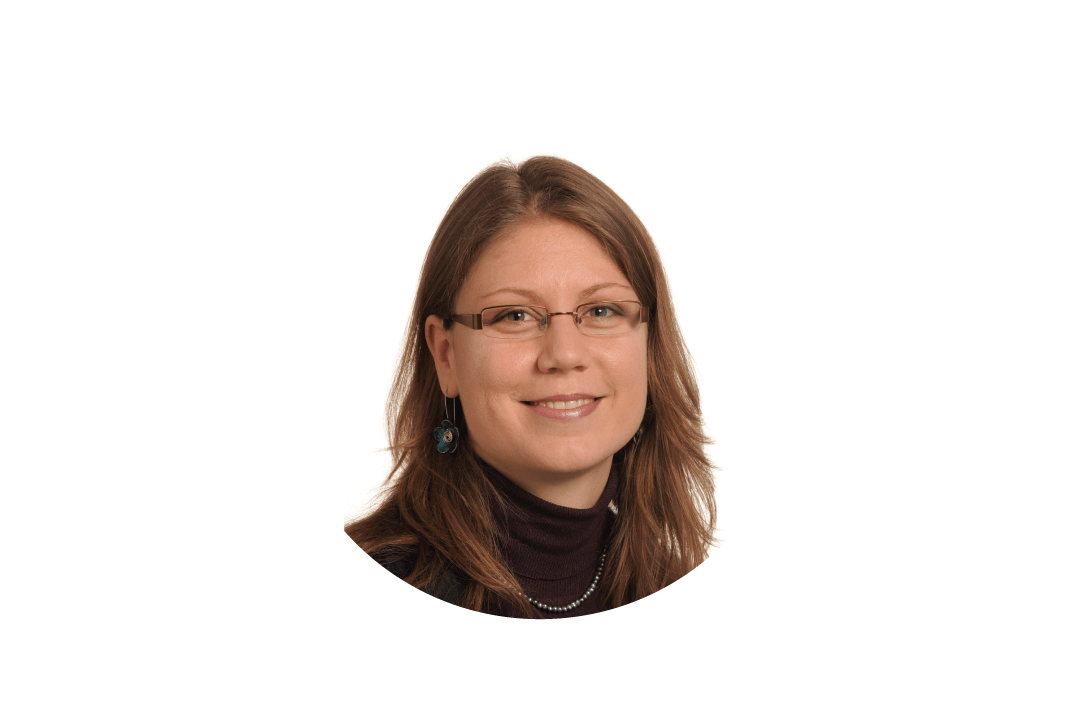
Citizen Z
- Deliberative Democracy Days
- March 13-15, 2023
- November 13-14, 2023
- March 4-5, 2024
- May 6-7, 2024
- October 14-15, 2024
- …
- Deliberative Democracy Days
- March 13-15, 2023
- November 13-14, 2023
- March 4-5, 2024
- May 6-7, 2024
- October 14-15, 2024
Citizen Z
- Deliberative Democracy Days
- March 13-15, 2023
- November 13-14, 2023
- March 4-5, 2024
- May 6-7, 2024
- October 14-15, 2024
- …
- Deliberative Democracy Days
- March 13-15, 2023
- November 13-14, 2023
- March 4-5, 2024
- May 6-7, 2024
- October 14-15, 2024
Keynote Speakers
Session 1
Opening Speech

Beata Rojek
European Parliamentary Research Service (EPRS) policy analyst
Beata Rojek is a European Parliamentary Research Service (EPRS) policy analyst. Having studied linguistics and regional geography, she worked for the European Committee of the Regions and joined the European Parliament in 2015. Since 2021, she is a coordinator for the 'What Europe does for me' project, part of the institutional European Elections campaign.
Session 2
Understanding Deliberative Democracy and the different methods at hand

Massimo Ronco
Researcher and Policy Analyst at Intercultural Dialogue Platform
Massimo Ronco is a Research and Policy Analyst at the Intercultural Dialogue Platform in Brussels. He has a background in political and social studies, with a master's degree in international studies from Turin and a second master's degree in EU external relations/foreign policy from the Brussels School of International Studies of Kent. His areas of interest and research are the following: History of Political Parties and Movements, De-radicalisation, Terrorism, Migrant Integration, Geopolitics, and Middle East Politics.

Ieva Cesnulaityte
Founding Head of Research and Learning at Democracy Next
Ieva Cesnulaityte is the Founding Head of Research and Learning at DemocracyNext. Previously she was a Policy Analyst at the OECD working on innovative citizen participation, co-authoring the OECD’s flagship report Catching the Deliberative Wave with Claudia Chwalisz, authoring the OECD’s Evaluation Guidelines for Representative Deliberative Processes, and editing a series on New Democratic Institutions for Participo. She also worked in Lithuania’s Prime Minister’s office, leading Lithuania’s participation in the Open Government Partnership Initiative.

Prof. Jean-Benoît Pilet
Professor in Political Science at the Free University of Brussels (ULB)
Jean-Benoit Pilet is a professor in political science at Free University of Brussels (ULB). He is a member of the Center for the Study of Political Life (CEVIPOL). Researcher and visiting professor at the University of Paris 2 Panthéon-Sorbonne, the University of Montreal, the University of Oxford, the Pompeu Fabra University of Barcelona, the KU Leuven. Jean-Benoit Pilet is internationally recognized for his work on elections, political parties, electoral systems, and the personalization of politics. He has recently refocused his research on critiques of democracy and reforms to renew democracy. He has been awarded a Consolidator Grant from the European Research Council (ERC) to conduct the project 'Cure or Curse' on the impact that involving non-elected actors (citizens or experts) has on how citizens would evaluate representative institutions and actors.

Irene Alonso Toucido
Project Manager at Federation for innovation in Democracy - Europe
Irene Alonso Toucido is a sociologist with a wealth of experience in urbanism and culture, local participation, and the perspective of the commons. She is currently working as a project manager for the Federation for Innovation in Democracy, where she is responsible for overseeing a variety of initiatives that aim to promote and support innovative approaches to democracy and governance. Irene is committed to increasing citizen engagement and participation in democracy while promoting the full inclusion of citizens in society.

Ludmila Malai
EU Project Manager at Intercultural Dialogue Platform
Ludmila Malai holds a Master's degree in Security Studies and Diplomacy and a specialized Master's degree in International Law. She has extensive experience in developing and coordinating European projects on topics such as radicalization, migration, women empowerment, youth engagement, racism, and Islamophobia. She develops and delivers training on cultural awareness, emotional intelligence, and intercultural dialogue.
Session 3
The potential of the deliberative democracy methods and participatory tools for enhancing civic and political engagement among youth

Dr. Rys Farthing
Research Associate at the Information Law & Policy Center (University of London)
Rys Farthing is a policy researcher who works on participatory policy engagement and young people, especially around technology and disadvantage. She holds a DPhil from the University of Oxford where she was a Clarendon scholar. Rys has held policy roles at civil society organizations including Reset (Australia & US), 5Rights Foundation (UK), Fairplay (US), and the APPG on Poverty. She has also held academia posts at Oxford and RMIT and is a Research Associate at the Information Law & Policy Centre (University of London) and Associate Investigator at the Centre for the Digital Child (Deakin University).

Prof. Jean-Benoît Pilet
Professor in Political Science at the Free University of Brussels (ULB)
Jean-Benoit Pilet is a professor of political science at the Free University of Brussels (ULB). He is a member of the Center for the Study of Political Life (CEVIPOL). Researcher and visiting professor at the University of Paris 2 Panthéon-Sorbonne, the University of Montreal, the University of Oxford, the Pompeu Fabra University of Barcelona, the KU Leuven. Jean-Benoit Pilet is internationally recognized for his work on elections, political parties, electoral systems, and the personalization of politics. He has recently refocused his research on critiques of democracy and reforms to renew democracy. He has been awarded a Consolidator Grant from the European Research Council (ERC) to conduct the project 'Cure or Curse' on the impact that involving non-elected actors (citizens or experts) has on how citizens would evaluate representative institutions and actors.

Andrea Grus
Researcher at the Institute for Social Research in Zagreb
Andrea Grus, MA, is an expert associate in science at the Institute for Social Research in Zagreb. With her main focus being on research methodology and data analysis, she was involved in projects dealing with youth participation and its measurement. Most recently, she was a part of the research team working on a UNICEF project that aimed to develop a tool for measuring youth participation. She is also currently a PhD student at the Department of Psychology at the Faculty of Humanities and Social Sciences in Zagreb.

Dr. Mateusz Tokarski
Policy Analyst at the European Commission’s Competence Centre on Participatory and Deliberative Democracy
Dr. Mateusz Tokarski is a policy analyst working at the European Commission’s Competence Centre on Participatory and Deliberative Democracy, where he is responsible for coordinating research projects on participatory methods. With an eclectic background in humanities and a focus on environmental studies, he is particularly interested in how citizen engagement can help address the many environmental crises we are confronting.

Dr. David Talukder
Visiting post-doctoral scholar in the Centre for the future of Democracy at the University of Cambridge
David Talukder is a visiting post-doctoral scholar in the Centre for the future of Democracy at the University of Cambridge. He wrote a dissertation about underrepresented citizens’ evaluation of the political system and his main research interests are democratic attitudes, political (under)representation, and deliberative reforms of representative democracy. More specifically he is willing to understand to what extent underrepresented citizens are dissatisfied with democracy and to what extent they would support alternative forms of governance.

Alexandre Thiry
Communication & Project Manager at Fedactio
Alexandre Thiry is a Communication and Project Manager at Fedactio (Brussels) and Human rights activist. He works for almost ten years on projects dedicated to human rights, active citizenship, and interfaith and intercultural dialogue. He has a former education in Librarian-Documentalist and Contemporary Islamic studies and a past as a youth worker. He is also interested in freedom of the press, critical thinking, and sustainable peace.
Session 4
Workshop sessions
Workshop 1: Fitness democracy: Let’s train our democracy muscles

Kathrine Krone
Co-Founder of Democracy Fitness
Kathrine Krone Laurent is the Danish co-founder of Democracy Fitness Method - how to train your democracy muscles. Together with anthropologist Trine Demant and democracy consultant Zakia Elvang from We Do Democracy, she invented the method in 2016 as a concept for participants of the Danish democracy festival "Folkemødet" in Bornholm. Kathrine studied journalism at Roskilde University and has experience as a journalist and broadcaster in radio and television until 2015 when she was employed by the municipality of Roskilde as the head of the local democracy house called "Byens hus Roskilde".
Workshop 2: Deliberative democracy, diversity, and inclusion

Dr. Cenap Mustafa Aydin
Director of Istituto Tevere
Scholar-activist, co-founder and the director of Istituto Tevere, a center for interreligious studies. Lecturer at Pontifical Theological Faculty in Naples. Academic coordinator at the International Institute Jacques Maritain, a center for studies on human rights, democracy, and civil society. Public speaker on dialogue, religious freedom, peace education, diversity and inclusion, and peaceful coexistence in Italy and in Europe. Member of the national governing body of Religions for Peace Italy. Member of the executive committee of Scholas Occurrentes, a global foundation for the promotion of education and dialogue. The project ambassador of House of One (Berlin) in Rome.
Workshop 3: Online deliberation and digital technology

Olivia Lanselle
Learning Facilitator
Olivia Lanselle is an independent facilitator and consultant currently working in the field of Learning & Development. After graduating from the University of Nanterre La Défense (bachelor's degree in Law) and Sciences Po Lyon (master's degree in European Public Affairs), she first worked as a consultant in digital transformation & change management for the French public administration before developing her expertise in blended learning strategies and facilitation. Passionate about helping organizations and people address their skill gaps, she helps teams identify the best methods and tools to design and deliver relevant learning experiences.
Session 5
Testimonies: Success stories of projects having applied deliberative democracy and Participatory tools

Prof. Dr. Hans Blokland
Director and Founder of Social Science Works
Prof. dr. Hans Blokland is a political scientist and philosopher, and director of the NGO Social Science Works, Center of Deliberation, in Potsdam, Germany. He was a fellow of the Royal Netherlands Academy of the Arts and Sciences and held visiting positions at Yale University and Manchester University. Previously, he worked for the Humboldt University in Berlin, SciencesPo in France, and the Free University Brussels (Corelio-Chair). Hans Blokland published books and essays in the overlapping fields of social and political science and philosophy, sociology of culture, political economy, history of thought, and philosophy of science.

Nóra Katona
Junior Researcher at the Metropolitan Research Institute
Nóra Katona (MA in Sociology and Msc in Survey Statistics) is a researcher at Metropolitan Research Institute, based in Budapest. She has four years of experience in social research related to homelessness, marginalized groups, Roma communities and social inequalities among young people in urban settings. She also has experience with both quantitative and qualitative data collection techniques, data analysis and policy evaluation. She represents the UPLIFT project (H2020), which focuses on mitigating inequalities among urban young people with participatory policy intervention techniques.

Ben Eersels
Coordinator of G1000, the Belgian platform for democratic innovation
Ben Eersels is the coordinator of G1000. He has more than 8 years of experience in the field of citizen participation. Before G1000, he worked as a participation expert in the healthcare sector (for the mutualités chrétiennes) and in local politics (for De Wakkere Burger). He wrote a PhD dissertation on political participation in late medieval towns.

Charlotte Cams
President of Debat Squad VZW
Charlotte Cama is 22 years old and a final year law student at KU Leuven university specializing in criminal law and public law. She is active in multiple youth and student organizations and does charity work at summer camps for children. She is very society-oriented, so engaging in social and day-to-day life is essential for her. Now she is president of Debat Squad VZW.

Mina Bare
English teacher at College des Etoiles in Brussels
Mina Bare is an English teacher at College des Etoiles in Brussels. She has over eight years of educational experience gained at various schools across Belgium. Mina earned her degree in Modern Languages and Linguistics from Brussels University (ULB) and has further honed her skills through her previous work at a multinational company and her time spent studying and living in Oregon. Her primary objective is to empower her students to achieve fluency in English, broaden their horizons, and contribute to the school's mission of preparing the next generation for success.

Oskar Areski de Peyret
Project Manager at Fedactio
Oskar Areski de Peyret is an EU project manager at Fedactio in Brussels. He has a bachelor’s degree in translation (Spanish-Turkish-French-English) and in political science and a Master’s degree in Science of Population and Development from the Free University of Brussels (ULB). After his studies, he started to work in a school and now as a youth worker with a focus on young people with a migrant background.
Session 6
A youth panel: Priority topics and policies for young people

Marita Grubišić-Čabo
Research assistant at Institute for social research in Zagreb and Youth Wiki National Correspondent for Croatia
Marita Grubišić-Čabo graduated in anthropology and sociology at the Faculty of Philosophy in Zagreb and is currently a doctoral student of sociology at the University of Zadar. Her research area is youth, youth work, policy and youth, and youth and risky behavior.

Adélaïde Charlier
Youth Climate Activist
Adélaïde Charlier is a 22 years old climate and human rights activist. After co-founding Youth For Climate Belgium, she has contributed to various mobilizations over the past few years. Between the marches that brought thousands of young people to the streets, and multiple actions at the Belgian, European, and international levels, activism now occupies a central place in her life. At the same time, she studies Political and Social Sciences at the V.U.B. & UGent. In 2019, she embarked on a sailboat with thirty young people to attend the CoP 25 (initially scheduled for Chile) to draw attention to other modes of transport. Arriving in Brazil, she participated at the Amazonia Centro del Mundo summit, allowing her to meet indigenous communities and scientists. Adélaïde is a special advisor to Mr. Timmermans (Vice-President of the European Commission) on the Green Deal. Together with Greta Thumberg, Luisa Neimbar, and Anuna de Wever they wrote an open letter to world leaders to face the climate emergency and have brought this message to politicians such as Ursula Von Der Leyen, Angela Merkel, Emmanuel Macron, Guiseppe Conte, and Alexander de Croo.

Kate Lancaster Ryan
Project Manager, Policy & Partnerships at CEN-CENELEC
Kate Lancaster participated in the 2022 cohort of CEPS Young Thinkers, with a particular focus on digital policy issues. She is an alumnus of Trinity College Dublin and KU Leuven and has recently begun her career as a Project Manager in Policy at CEN and CENELEC.

Laura Nicolas
Youth Thinkers Community, CEPS
As a graduate in International Studies from the Universidad Autonoma de Madrid, Laura has worked in several NGOs in Europe and abroad, focusing on partnership building, fundraising, and social impact project management. She is currently a membership officer at CEPS (Centre for European Policy Studies) and part of the Young Thinkers core team.

Karlo Brunović
Vice-President at Udruga Prizma
Karlo Brunović holds Master's degrees in the fields of Philosophy and Religious Studies from the Faculty of Philosophy and Religious Studies in Zagreb, Croatia. He is a trainer and project manager with extensive experience in the Erasmus+ program, European Social Fund, and Norway Grants. In Udruga Prizma, he is implementing training courses on European values, active citizenship, media literacy, critical thinking, interreligious dialogue, and prevention of radicalization. He is a project advisor at the Croatian Ministry of Justice and Public Administration.
Session 7
Workshop sessions
Workshop 1: Deliberative democracy and arts: How can creativity and the arts be used as tools for enabling the expression of youth voices?

Silvestar Petrov
President at Udruga Prizma
Silvestar Petrov is a holder of a Bachelor's degree in Philosophy and Religious Studies and a Master's degree in the field of Philosophy from the Faculty of Philosophy and Religious Studies, Croatia. He is a youth worker, trainer, and project manager. Currently, he is fostering dialogue among youth and decision-makers on the local, national, and European levels through structured dialogue projects. He has worked on developing the Local youth program of Gračac Municipality for 2019-22. He was a member of the working group for preparing the Croatian National Youth Programme for the period 2019-24 and is a local coordinator of European dialogue with youth. He is supporting the development of youth work in rural regions of Croatia. His primary interest is an interdisciplinary approach to non-formal education and the youth work field, moreover, as the development of creativity through visual art, theatre, and music.
Workshop 2: Deliberative democracy and cultural awareness – Mindful diversities – How can we deliberate while being culturally aware and emotionally literate?

Shanti Tuinstra
Social Work Expert & Cultural Anthropologist
Shanti Tuinstra finished her master’s degree in cultural anthropology in 2000. She lives in the Netherlands. She was born in Nepal and adopted when she was three years old. Nowadays she works as a social worker in a multicultural city near Amsterdam.
Workshop 3: The role of intercultural and interfaith dialogue in deliberative democracy

MSc. Isuf Alla
Project Coordinator at Istituto Tevere
Isuf Alla is a theologian with expertise in the interreligious dialogue between Judaism, Christianity, and Islam. Holds a Master's Degree in Modern Islamic Studies from Hëna e Plotë Bedër University College in Tirana. He continued his studies at Pontifical Gregorian University where he graduated in Judaism and relations between Jews and Christians, as well as Asian Religions and Cultures.
Session 8
Gender Equality, Inclusion and Deliberative Democracy: In what ways does deliberative democracy serve gender equality and inclusion?

Rumbidzai Kandawasvika-Nhundu
International IDEA's Senior Advisor for Democracy and Inclusion
She is the former Head of the Political Participation and Representation Programme at International IDEA. Kandawasvika-Nhundu is a democracy and gender equality advocate and practitioner with several years of progressively responsible engagement in the political participation and representation areas on gender equality and women’s empowerment, political systems, political parties, electoral systems and processes, gender in constitutional processes and outcomes, gender and political financing, parliamentary strengthening and performance through working at national, regional and international levels in Africa, Asia and the Pacific, Latin America and the Caribbean, and Europe.

Sana Afouaiz
Founder & CEO Womenpreneur Initiative
Sana Afouaiz is an award-winning, gender expert, women's advocate, and public speaker on feminism and women's issues. She is the author of “Invisible Women of the Middle East”. She has spoken in 50 countries at universities, panel discussions, and international events. Sana is the Founder & CEO of Womenpreneur-Initiative. Womenpreneur, the Brussels-based organization, was founded in 2016, and since its establishment has reached thousands of women and convened more than 20 global initiatives across Belgium and MENA region, to drive visibility, social impact, and resources for women in the ecosystem and beyond.

Joanna Maycock
Co-Founder Women100
Joanna Maycock is a European women's rights campaigner. She is a British and Belgian citizen. Maycock was the Secretary General of the European Women's Lobby for seven years, until July 2021. She has been for 12 years chief of the Brussels office of the international NGO ActionAid dedicated to fighting poverty. She took over the leadership of the European Women's Lobby in 2014. Maycock has been described by Politico as a “powerhouse on the Brussels NGO and political scene”. Women100 (W100), the initiative that Joanna Maycock co-founded, is a community of diverse women from all corners of Brussels who wish to connect and amplify the voices and actions of women in Brussels. It aims to create a space that brings together women who are changemakers from different fields from all communes to imagine a powerful common vision and solutions for how to co-create a Brussels that celebrates all communities, ages, origins, nationalities, languages, and abilities.

Olivia Gheyselinck
EU Project & Event Manager
Olivia Gheyselinck is an EU project and event manager at the intercultural Dialogue Platform in Brussels. She holds a bachelor’s degree in Sociology and a master’s degree in comparative and international politics from the Catholic University of Leuven. Her area of interest is social and sustainability politics.
Session 9
Youth in Croatia, Belgium, Italy, and the Netherlands - Similarities, particularities, and cultural differences in political and democratic participation

Nikola Baketa
Scientific associate at Institute for social research in Zagreb
Nikola Baketa, PhD, is a political scientist at the Institute for Social Research in Zagreb, where he’s involved in studying educational and youth policy, with a special focus on civic education, policy changes, and higher education. Nikola Baketa is active in numerous associations, initiatives, advisory and expert bodies focused on education and youth on a national level, and he is also a member of the Croatian national television Programme Council.

Dr. Domenico Melidoro
Lecturer at the Department of Political Science at LUISS University of Rome
Dr. Domenico Melidoro teaches at Luiss University in Rome and is a member of the Steering Committee of the Ethos Luiss Business School – Public Ethics Observatory. His research focuses on contemporary political theory. He is the author of Dealing with Diversity. A Study in Contemporary Liberalism, Oxford University Press, 2020.

Kamila Boukfouz
Project Manager at Platform INS
Kamila Boukfouz holds a Master's degree in law. In recent years, she has worked as a jurist within the social field. Since 2017, she has been working at Stichting Platform INS as a Project manager. The foundation is known for its Art of Living Together events for which Kamila is responsible within the organization. Since 2020 Platform INS has been a partner in several European projects with Kamila being in charge of the implementation of the activities outlined in the project agreements.

Ahmet Kaya
Researcher and PR Manager in Platform INS
Ahmet Kaya obtained his degree in Psychology and later conducted research at Radboud University Nijmegen on multiple identities and loyalties among bicultural youth, with a particular focus on Turkish-Dutch students who are Muslim. His most recent research was for the Dutch Ministry of Foreign Affairs, where he was part of the research team investigating racism in the workplace.
Session 10
Closing Conference: Follow-up on the Conference on the Future of Europe

Toma Šutić
Member of the Cabinet of the Vice-President Šuica
Toma Šutić, a member of the Cabinet of Vice President charged with Democracy and Demography graduated Magna cum Laude in one year and has a Master of Arts in International Politics, CERIS Institute, Brussels, Belgium, and a Master of Business Administration from Webster University, San Diego, California. He received the Schon Nobel Award as the best MBA student in the class of 2006.
Session 11
Closing Speech: Priorities for the European Elections 2024 – Milestones and Timeline

Christina Altides
Member of the Secretariat for the 2024 European Elections campaign
coordination
Christina Altides is a member of the newly created secretariat for the 2024 European Elections campaign coordination. She has been working in DG COMM in the European Parliament since 2008, as a lecturer for visitors, a coordinator of three European Youth Events (EYE2014, 2016, and 2018), in the coordination team of EE19 and as a Youth Outreach coordinator. Christina has studied Communications, History and EU studies, and has a PhD in political science.

Coordinator contact: Ludmila Malai, Intercultural Dialogue Platform
Email:
info@
Phone: +3225138116
Funded by the European Union. Views and opinions expressed are however those of the author(s) only and do not necessarily reflect those of the European Union or EACEA. Neither the European Union nor the EACEA can be held responsible for them.
Design by Lapo Lapo © 2022-2023



